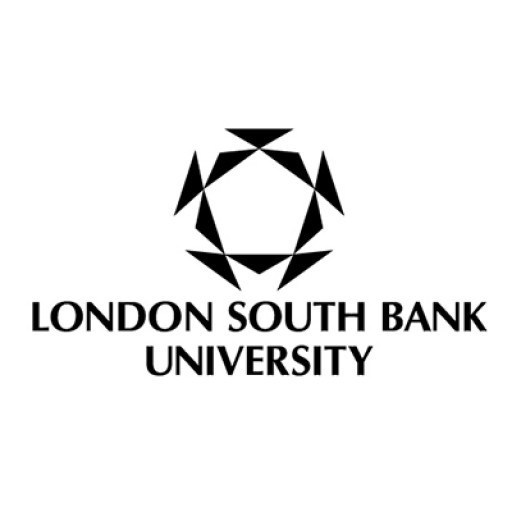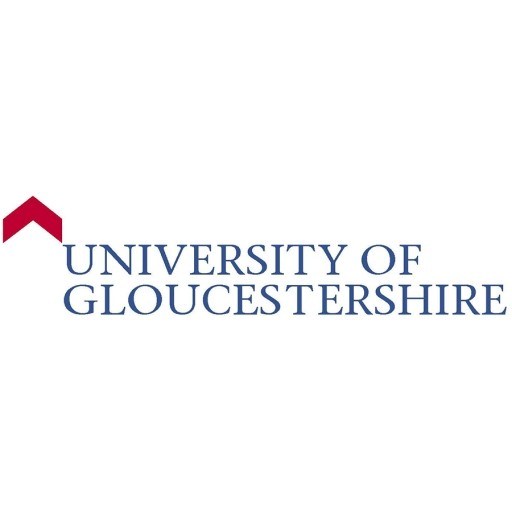Photos of university / #angliaruskin_su
The International Sustainable Tourism Management program at Anglia Ruskin University is designed to equip students with the knowledge, skills, and competencies necessary to develop and manage sustainable tourism operations in a global context. This innovative degree combines foundational theories of tourism with practical insights into environmental sustainability, community engagement, and responsible business practices. Students will explore key topics including eco-tourism, sustainable development goals (SDGs), ethical marketing, and policy formulation, preparing them to address the complex challenges facing the tourism industry today. The program emphasizes a multidisciplinary approach, integrating aspects of environmental science, business management, and cultural studies to foster a comprehensive understanding of sustainable tourism practices.
Throughout the course, students gain hands-on experience through project work, industry placements, and collaborative initiatives with tourism organizations. The curriculum is designed to develop strategic thinking, problem-solving abilities, and leadership skills, enabling graduates to implement innovative solutions that balance tourism growth with ecological preservation and social equity. The program also highlights the importance of digital technologies and data analysis in measuring tourism impacts and enhancing visitor experiences. By engaging with real-world case studies and industry experts, students are prepared to pursue careers in tourism management, policy development, consultancy, and non-governmental organizations dedicated to sustainable development.
Graduates of the International Sustainable Tourism Management program will be well-positioned to influence positive change within the tourism sector globally, contributing to the creation of environmentally responsible and culturally respectful tourism experiences. With a focus on global challenges and local solutions, this program aims to produce graduates who are not only skilled managers but also ethical leaders committed to promoting sustainability in tourism for a better future.
Module guide
Core modules: PG Cert
* Critical Issues in Tourism
* International Business Environment
* Sustainable Tourism Management
Core modules: PG Dip
* Cultural and Urban Tourism
* Ecotourism and Nature Tourism
* Management Theory into Management Practice: Global Perspectives
* Research Methods for Managers in an International Context
Core modules: MA
* Major Project
Optional modules
* Consultancy Skills
* Event Management
Assessment
Modules are assessed using assignments, group and individual presentations, project and portfolio work, essays and field work.
Teaching will include a wide range of approaches, including lectures, seminars, videos and case studies, as well as independent fieldwork. Increasingly, the emphasis will be on self-direction, critical reflection and exposure to situations where you can evidence learning through presentations, seminar delivery, group work, interactive discussion groups and video-type interventions. You will be encouraged to apply knowledge, show initiative and develop a critical awareness of current tourism-management situations, problems and potential solutions in unpredictable environments.
International Sustainable Tourism Management at Anglia Ruskin University typically requires applicants to meet certain academic and English language proficiency standards. Prospective students generally need to hold a relevant higher education qualification, such as a bachelor's degree, in fields related to tourism, hospitality, environmental studies, or management. For international students, demonstrating proficiency in English through tests like IELTS with a minimum overall score of 6.0 to 6.5, depending on the specific entry criteria, is often necessary. Additionally, some programs may consider professional experience in tourism or related sectors as part of the admissions process, especially for mature applicants. The course might also expect applicants to submit a personal statement outlining their interest and motivation for studying sustainable tourism management, along with references or letters of recommendation. English language requirements can vary based on the applicant’s country of origin, and alternative qualifications or visa status can influence admission criteria. The program aims to attract students who have a keen interest in sustainable development, eco-tourism, and strategic management within the tourism sector. Applicants are encouraged to demonstrate their commitment to sustainability and global tourism issues through their academic records or relevant experiences. Due to the international nature of the program, some applicants may need to meet additional visa and documentation requirements set by UK immigration authorities. The program’s entry criteria are designed to ensure students have the foundational knowledge and skills necessary to succeed in postgraduate studies and to contribute meaningfully to sustainable tourism practices in their future careers. The university provides detailed guidance on application procedures and specific entry requirements via its official admissions website. It is recommended that applicants review the latest information regarding entry standards, required documents, and deadlines well in advance of the application cycle to ensure compliance and a smooth application process. No specific prerequisite modules are generally mandated for enrollment, but a background in environmental sciences, business management, or international relations can provide advantages. Overall, the selection process seeks motivated, qualified applicants with a clear understanding of and commitment to advancing sustainability in the tourism industry.
The International Sustainable Tourism Management program at Anglia Ruskin University offers a range of financing options to support students throughout their studies. Tuition fees for international students are typically set annually and can vary depending on the specific course and academic year. For the latest fee information, students are encouraged to consult the university’s official website or contact the admissions office directly. In addition to tuition fees, students should consider additional costs such as accommodation, materials, and living expenses, which can vary based on personal circumstances and chosen accommodation type.
Funding opportunities for prospective students include scholarships, bursaries, and financial aid schemes offered by Anglia Ruskin University. The university provides a selection of scholarships specifically aimed at international students demonstrating academic excellence or financial need. These scholarships can significantly reduce the overall cost of studies and are awarded based on various criteria, including academic achievements, personal statement, and interview performance. To apply for financial support, students typically need to submit an application form along with supporting documents, and deadlines differ depending on the scholarship.
External funding options are also available, such as government loans, sponsorship schemes, and international grants. Many government programs support students studying abroad, and applicants should explore options provided by their home country’s education authority. Some students may qualify for sponsorship from employers or relevant industry partners interested in developing skills in sustainable tourism management.
The university also offers payment plans and advice on budgeting to help students manage their finances effectively. International students are advised to plan their finances well in advance, accounting for tuition, accommodation, health insurance, and living expenses. Moreover, some students may be eligible to work part-time during their studies, subject to visa restrictions, to supplement their income. Overall, Anglia Ruskin University strives to make education accessible through various financial support mechanisms, ensuring students can focus on their academic and professional development in sustainable tourism management.
International Sustainable Tourism Management at Anglia Ruskin University offers students an in-depth understanding of the principles and practices necessary to develop sustainable tourism initiatives worldwide. Designed to equip graduates with both theoretical knowledge and practical skills, the program covers topics such as environmental impact assessment, eco-tourism, community engagement, tourism policy and planning, and responsible business practices in the tourism sector. Emphasizing global perspectives, the program prepares students to address the complex challenges faced by the tourism industry in promoting sustainable development and environmental conservation. The curriculum integrates lectures, case studies, field visits, and project work to provide a comprehensive learning experience. Students will have opportunities to collaborate with industry experts, undertake internships, and participate in research projects, thereby enhancing their employability skills. The program aims to produce graduates who can contribute effectively to sustainable tourism initiatives, policy-making, and consultancy roles across different regions. The academic staff comprises experienced professionals and researchers dedicated to fostering a global outlook and supporting innovative approaches to sustainability. Assessments include essays, presentations, project reports, and examinations, all designed to develop critical thinking and practical problem-solving abilities. Career prospects for graduates include roles in tourism management, environmental consulting, policy development, non-governmental organizations, and international agencies working towards sustainable tourism development. The program benefits from state-of-the-art facilities and a vibrant campus environment, offering a healthy balance of academic rigor and extracurricular activities. Emphasis is placed on ethical responsibility, intercultural communication, and leadership skills, preparing students to effectively manage sustainable tourism projects on an international scale. Overall, the program aims to nurture responsible global citizens committed to making a positive impact on the tourism sector by advocating sustainable practices and innovative solutions.









